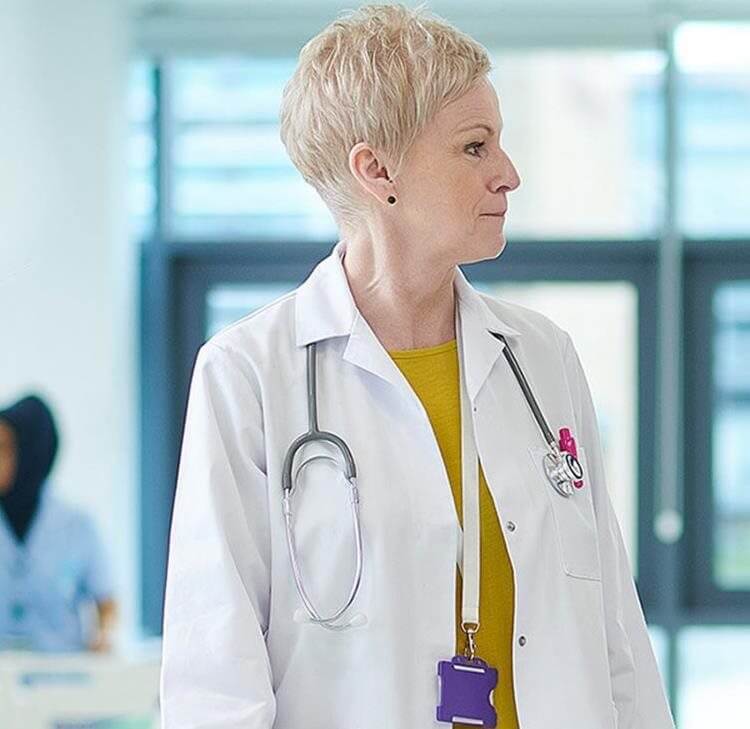Modern Slavery Act 2015 - updated statutory guidance for public authorities in England and Wales
This is timely guidance given that modern slavery will not be exempt from the health, social and economic challenges brought about by Covid-19.
This article is taken from July's public matters newsletter. Click here to view more articles from this issue.
Please note: the information contained in this legal update is correct as of the original date of publication
On 1 July 2020 the Government published updated statutory guidance for public authorities in England and Wales pursuant to section 49(1) of the Modern Slavery Act 2015. In broad terms, the guidance describes the signs that someone may be a victim of modern slavery, the support available to victims, and the process for determining whether someone is a victim. The emphasis is on collaboration between organisations – working together and sharing information to tackle modern slavery.
The guidance is intended for:
- First Responder Organisations – these are organisations authorised to refer potential victims into the National Referral Mechanism. First Responder Organisations include certain public authorities and some organisations that are not public authorities.
- Organisations with a duty to notify the Home Office when encountering a potential victim of modern slavery – specified public authorities in England and Wales have a statutory duty to notify the Home Office when they encounter potential victims.
- Other organisations involved in the identification of potential victims of modern slavery.
- Decision makers at the Single Competent Authority - the Single Competent Authority in the Home Office makes decisions on all cases referred to the National Referral Mechanism about whether they are recognised as victims of modern slavery.
- Organisations offering support to potential victims and victims of modern slavery.
This updated statutory guidance (updating the March 2020 version) is comprehensive (at 167 pages long) and supersedes the following guidance documents:
- Guidance: Duty to Notify the Home Office of potential victims of modern slavery.
- Victims of modern slavery: frontline staff guidance.
- Victims of modern slavery: competent authority guidance.
- Multi-Agency Assurance Panels Guidance.
- Duty to Notify Guidance.
This updated guidance reflects the fact that the landscape for support is constantly evolving, as the government continues to review the processes for identifying, supporting and making decisions about victims of modern slavery.
In England and Wales, public authorities specified in section 52 of the Modern Slavery Act have a statutory duty to notify the Home Office when they come across potential victims of modern slavery. The guidance is very clear that “it is essential that professionals recognise that survivors of modern slavery may be at risk of re-trafficking and further harm” and starts the introduction with a powerful statement from Michael, 40, a survivor or modern slavery:
“The best idea is to think of the victim in terms of rehabilitation and work towards it. You are working with people who have been in an environment where they were slaves; they now need to learn how to be in an environment where they are human. See how institutional efforts can be addressed in this direction: Staff need to be able to assist and guide victims as specific individuals; caring for each person requires more than protocols and appointments.”
The guidance is also emphasises how “collaborative partnerships, multi-disciplinary and multi-agency working are fundamental to ensure that victims are identified, protected and safeguarded” and seeks to address some of the common myths about modern slavery, such as misconceptions that UK nationals cannot be victims and that a person cannot be a victim if they reject offers of help.
In terms of parts of the guidance that may be of particular interest:
- Chapter 3 provides information for staff who may encounter potential victims about common identifiers that may indicate a situation of modern slavery – giving useful practical examples of physical, psychological, situational and environmental indicators.
- Chapter 5 provides information for First Responders in England about what to do when encountering a potential victim of modern slavery, including how to refer them into the National Referral Mechanism.
- Annex C provides a useful Local Authority Referral Pathways Summary and guidance for local authorities on referrals.
- Annex F gives details of the support available for adults in England and Wales - such as varying types of emergency accommodation, financial support, translation and interpretation services, medical treatment, access to welfare benefits, access to legal representation etc. There are additional sections setting out the support available to children.
Publication of this guidance follows on from the government’s earlier announcement that certain businesses that are required to publish an annual modern slavery statement under section 54 of the Modern Slavery Act (setting out the steps they have taken to identify and address their modern slavery risks) may delay the publication of their statement by up to 6 months if this is required due to coronavirus-related pressures (for example, due to reduced staff capacity) – and that such businesses will not be penalised for doing so. In their statement, businesses should state the reason for any delay.
The government is however very clear that during the Covid-19 pandemic it is essential that businesses continue their activity to identify and address risks of modern slavery in their operations and supply chains. As well as focusing on the health and safety of their workers, businesses will need to consider how fluctuations in demand and changes in their operating model may lead to new or increased risks of labour exploitation.
Many commentators in this area have recently noted that Covid-19 presents unprecedented health, social and economic challenges, leaving very few aspects of society untouched - and that modern slavery, including human trafficking and forced labour, are no exception to this. Whilst the full impact of the pandemic on contemporary forms of exploitation is currently unknown – and may not be known for some time – preliminary analysis suggests that Covid-19 could have a substantial impact on the victims of these crimes. The likelihood of an individual being exploited is increased by exacerbating the factors that make them vulnerable – it has been noted that economic vulnerability and poverty are particularly affected by the pandemic, with subsequent job losses potentially disproportionately impacting workers in informal, low pay sectors. The recent press coverage concerning working practices in some clothing factories in Leicester (which is now in local lockdown) bring this into sharp focus.
It has also been reported that migrant workers face several unique challenges on top of this that further their risk of being exploited – if visas and permits are tied to specific employment there is a risk of becoming 'undocumented' if they lose their job, a risk compounded by a reduction in air travel and closed borders in some areas meaning many may be unable to return to their home countries. In addition, the lockdown measures put in place to limit the spread of Covid-19 could unintentionally adversely impact victims of modern slavery – confining them to their place of exploitation and limiting access to frontline services (such as shelters) and support (for example, in-person counselling). This may also make it harder for authorities to identify victims. The publication of the updated guidance has therefore been very timely to assist authorities in responding to these challenges.
Contact

Emma Grant
Knowledge Director
emma.grant@brownejacobson.com
+44 (0)115 934 2043























![Contractual liability for all inclusive treatment: Bartolomucci v Circle Health Group Limited [2025]](/getattachment/95f9533b-f99c-4fcc-b8d5-3f93904b8242/shutterstock_1265400856.jpg?variant=HeroImageTabletVariantDefinition)
















